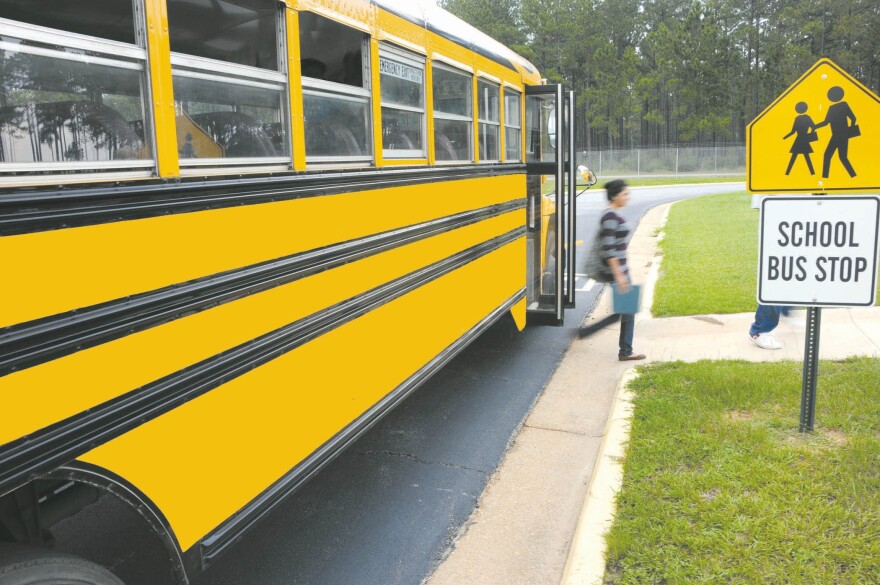It would cost the Sioux City School District an estimated $1.85 million in one-time initial extra expenses if district officials took on new specialty tasks currently handled by Area Education Agency workers.
A proposal in the Iowa Legislature that has gotten considerable attention would change the longstanding functioning of the regional Area Education Agency system throughout the state.
Going back for decades, many school districts have used the AEA’s for specialty services that are expensive to offer on their own.
The Sioux City School Board members in their Monday meeting discussed a report that showed that if the current AEA services that the district uses were moved in house, the full cost would be $6.5 million, with $1.85 million for start-up expenses, plus $4.65 million for recurring operational expenses.
Currently, the Sioux City district uses the work of 46 AEA workers, with a combined 34 of those being speech pathologists and social workers. One projected cost is that it would cost the district $1.5 million dollars to hire 14 speech pathologists. The district also uses almost $600,000 this year in AEA media services for an online library and software.
No decision was made, as the school board members will wait to see what Iowa legislators ultimately do with the AEA proposal at the Statehouse.
In other Sioux City School District news, the school board also took a look at a proposed budget for next year, which would drop by many millions and have a reduced school levy property tax rate.
The projected 2024-25 year general fund budget would be $197 million dollars, down from the current year budget of $208 million. The school district will have no more federal pandemic special funding after several years of millions of dollars in such money.
The proposed school property tax levy rate will drop from the current $12.44 per $1,000 of assessed property value to $12.38 per $1,000.
The school board members will work to cut about $4.1 million in expenses in order to make the proposed budget balance, a task that they must finish amid finalizing the budget by April.
In other news, the city of Sioux City downtown parking ramps have changed the payment system, and cash will no longer be accepted.
Now, parking customers can use Visa, MasterCard. Discover or American Express cards, plus Google Pay or Apple Pay, to pay fees at the Discovery, Heritage, Martin Luther King, Jr., and Rivers Landing ramps.
The change was announced in a Tuesday press release, when the switch to the Parkonect system was explained.
Cash will no longer be accepted as the new machines do not take cash or coins. In an emergency, the parking ramp management company, ABM, may be called at a posted phone number to assist customers who only have cash with them, the release said.
Additionally, Jolly Time Pop Corn is a notable product of the longstanding American Pop Corn Company located in Sioux City. Officials in a Tuesday release said that as the company enters its 110th year, the business will mark a new milestone with its first non-family member as president, but will remain family-owned.
The Smith family is in a fifth generation of family ownership, but Carlon and Garry Smith are moving out of day-to-day management. Steve Huisenga is now the president.
Additionally, a change in the board of directors structure will have three non-family members, with Carlton and Garry Smith being the other two on the five-member board. The Smith family, including several fifth generation cousins, own the American Pop Corn Company firm.
Additionally, a bill in the Iowa House was passed Tuesday by majority party Republicans that would require biannual trainings for nursing home inspectors and clarify when an onsite inspection is needed.
The bill requires that inspectors from the Iowa Department of Inspections, Appeals and Licensing provide two trainings a year to go over frequently issued citations at nursing homes.
It also reduces the amount of time inspectors have to make an on site visit in response to a complaint, depending on its severity.
Democrats since before the session have pushed for more oversight of nursing homes. This bill does not address underlying problem issues, according to Democratic Representative Megan Srinivas.
Republican Representative Thomas Jay Moore sponsored the bill, and said it will create stronger collaboration between state inspectors and nursing homes.





